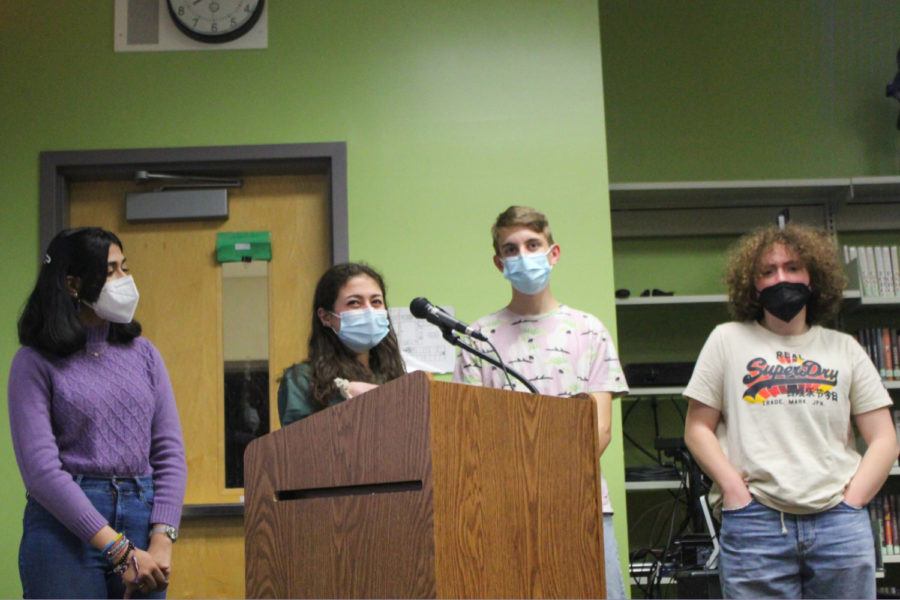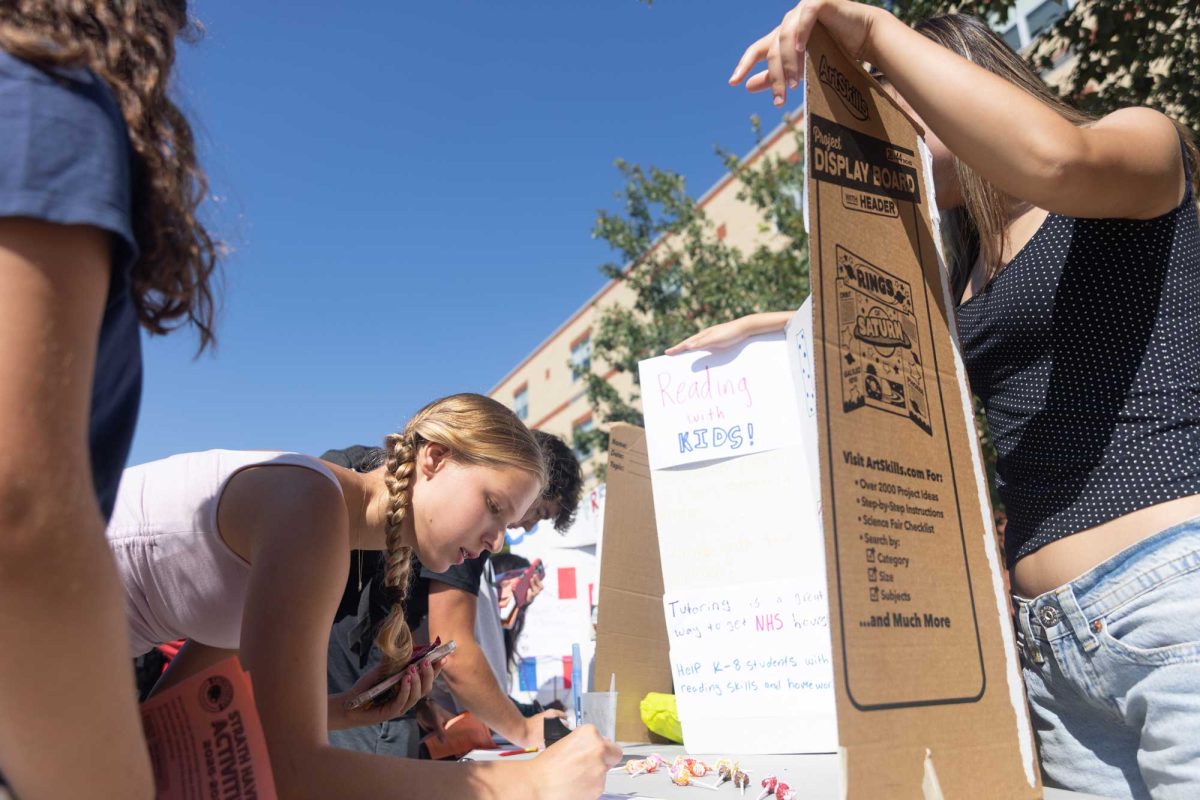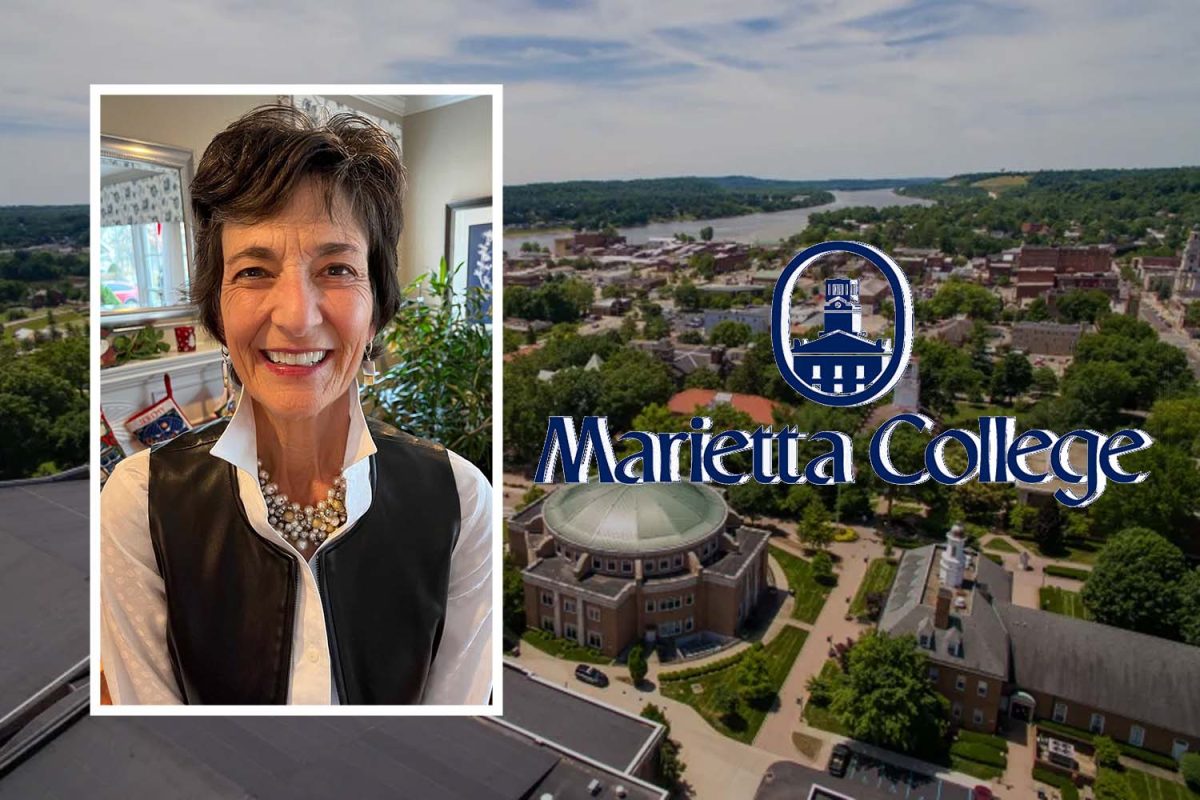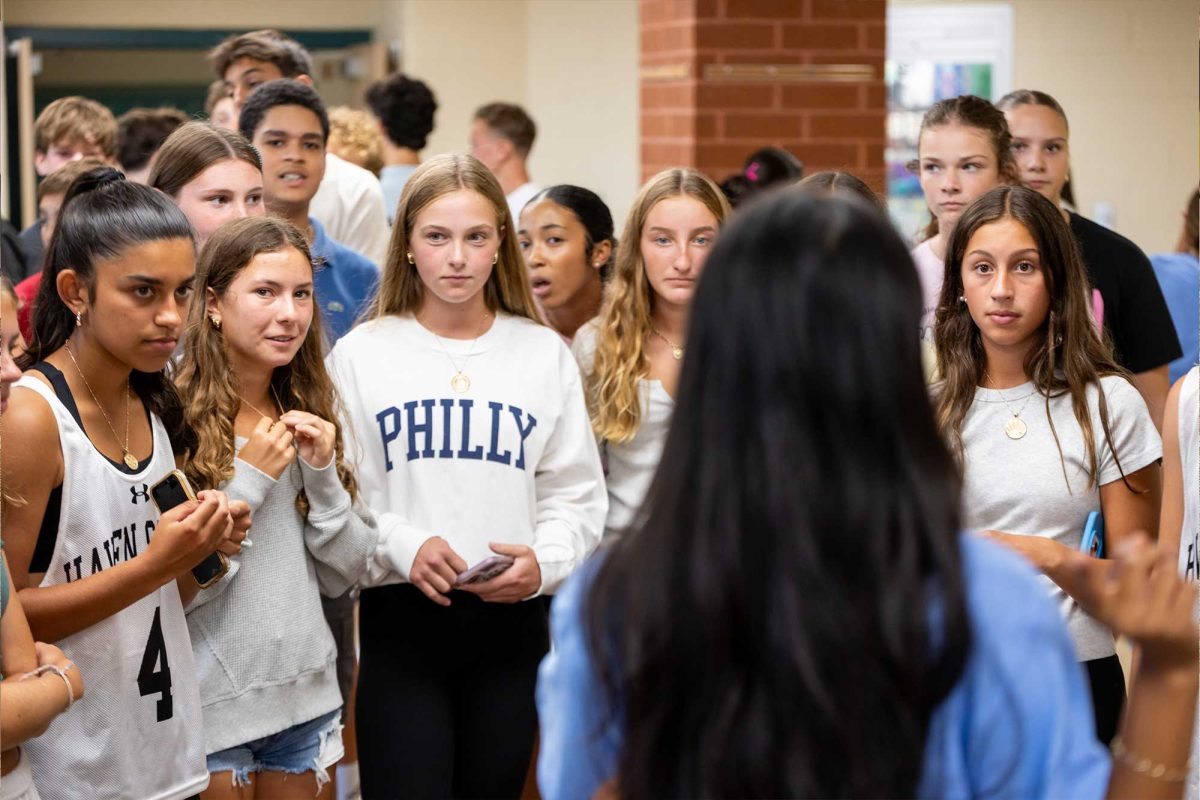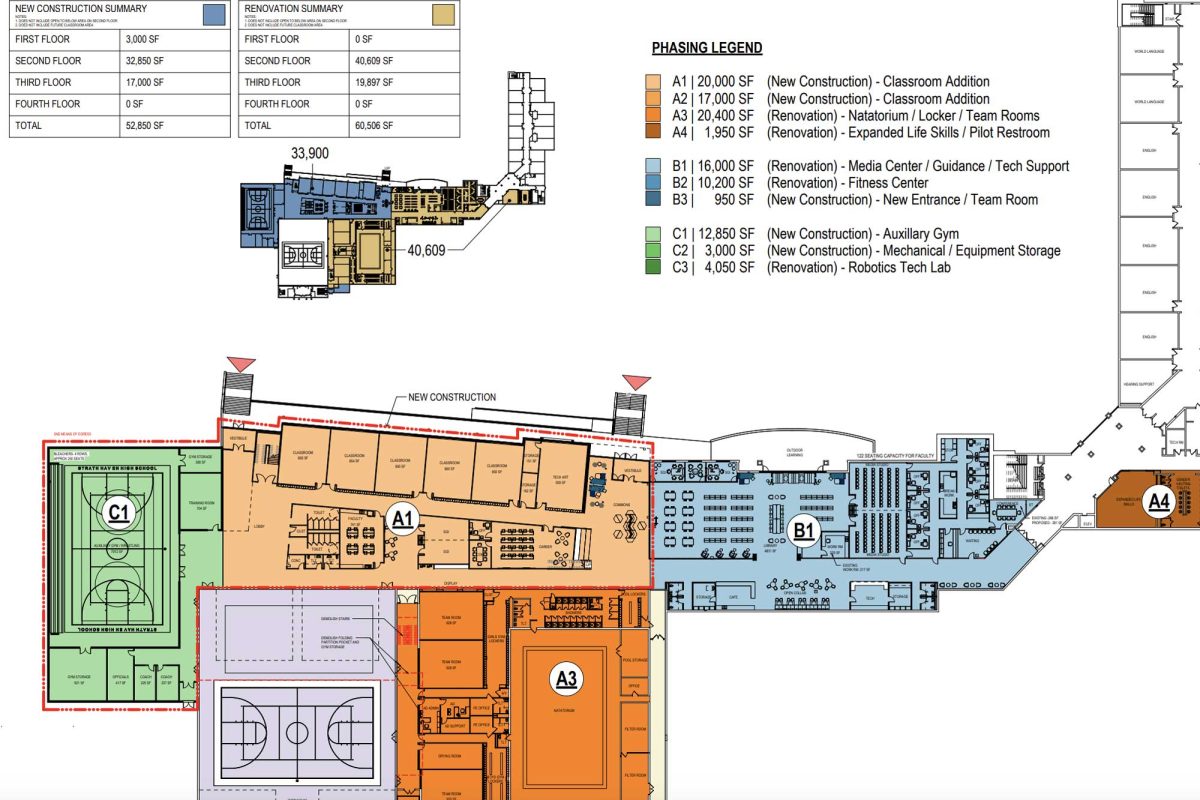How many gender-neutral bathrooms can be found in the high school as of today? One? Two?
As it turns out, there are five. But as of February 25, only three of those five are reliably unlocked and accessible for student use.
Before the 25th, it was impossible for students to predict whether these bathrooms would be locked on any given day. In addition to the barrier of locks, nearly all of these restrooms are located at a considerable distance from most classrooms in the building, forcing non-binary and transgender students to miss valuable instruction time in order to access them.
Four student representatives from the Gender-Sexuality Alliance spoke at the WSSD school board meeting on February 28 to address this issue. Zoe Feinberg (‘22), Carolyn Eskenazi (‘24), Sylvan Prey-Harbaugh (‘23), and Anika Goswami (‘24) brought the issue to the attention of both the school board and the Strath Haven community, proposing both short-term and long-term solutions which were well-received.
The student representatives read anonymous statements from non-binary and transgender Haven students who expressed their own experiences of discomfort in using the school’s binary bathrooms.
“As a student of Strath Haven High School, I feel that I should have a right to explore my identity,” one student wrote, “[But] I feel pressured into being a female at a school that claims to be a safe haven for students of all gender identities and sexes.”
In addition to these statements, an insightful testimony was given by Carolyn Eskenazi (he/him, ‘24), who is non-binary. “In the beginning of the school year, I asked about having the option to use a gender-neutral bathroom,” Eskenazi said. “I was told after a couple days that I could use the bathroom in the nurse’s office. Ever since then, I’ve been using the nurse’s office when I need to use the restroom. This means that I am spending ten minutes [of class time] just to go to the bathroom.”
Eskenazi also noted that he “felt that I needed to extensively reason why I needed to use a single stall bathroom. And while that may not put me in a dangerous situation, because I am pretty much out to anyone in my life, it poses exclusionary restrictions to those who are not out.”
Strath Haven does have a policy in place to combat these issues. It’s called “Gender Expansive & Transgender Students – Ensuring Equity and Nondiscrimination.” This policy states that gender non-conforming students “shall have access to a restroom that corresponds to their gender identity.” The policy also states that administrators should “make every effort to provide students with reasonable access to an alternative restroom,” such as a single-stall restroom.
“Does the nurse’s office qualify as that? Sure,” Eskenazi said in an interview. “But I still felt like I had to out myself, and that could be very unsafe for some students.”
This is another issue addressed by the policy: “All persons, including students, have a right to privacy. This includes keeping a student’s actual or perceived gender identity and expression private.”
According to the GSA’s presentation, when forced to request access to gender-affirming bathrooms, transgender and non-binary students are outed to school personnel, “actively contradicting WSSD’s privacy guidelines.”
The short-term solutions provided by the GSA representatives included permanently unlocking all gender-neutral bathrooms in the high school, as well as informing all students of where these bathrooms can be found. Long-term solutions involved the construction of unisex bathrooms in easily accessible locations, along with the designation of gender-neutral restrooms in every WSSD building, not just the high school.
Following the presentation, school board president Kelly Wachtman emphasized the importance of expanding this concept to the other schools in the district, noting that “we usually talk about these things at the high school level, but we have students in the elementary school level that need to have a safe and welcoming place according to their gender identity as well.”
In response to the students’ presentation, WSSD superintendent Dr. Wagner Marseille will “begin to address the remaining areas that are locked, effective tomorrow.”




